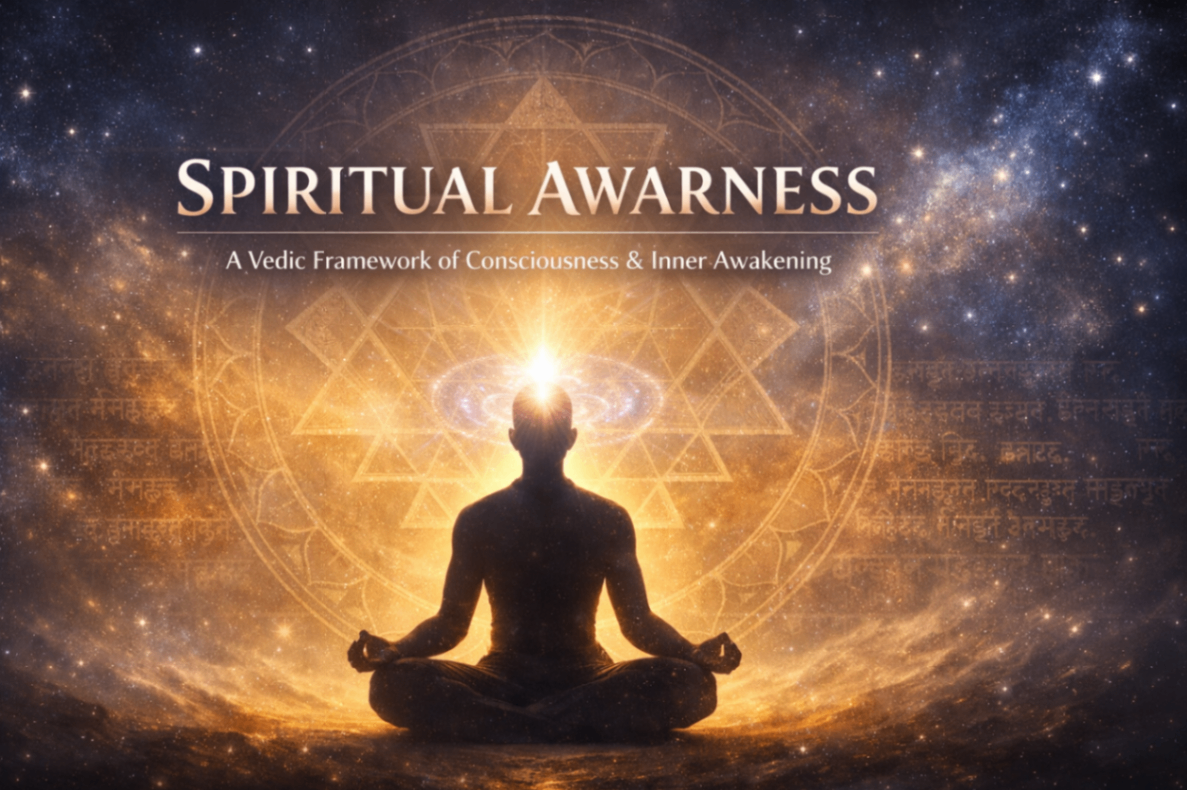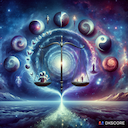The concept of ego is often discussed from a psychological perspective, but today we will delve into it from a spiritual viewpoint, particularly within the framework of Vedic Astrology. To start, let's consider a profound quote: "The ego is needed because the true self is not known. So, the ego is a substitute; it is a pseudo entity. Because you don’t know yourself, you have to create an artificial center. Otherwise, functioning in life will be impossible. Because you don’t know your real face, you have to wear a mask. Not knowing the essential, you have to trust in the shadow."
This quote captures the essence of why ego exists. It is a temporary construct that fills the void created by our lack of self-awareness. Without it, navigating life would be challenging. However, the goal is to transcend this artificial center to uncover our true selves.
In daily conversations, you might hear people say, "This person has a big ego," or "That person needs to keep their ego in check." It is essential to understand that there is only a healthy ego and an unhealthy ego in its expression and development. People who frequently critique others' egos often struggle with their own.
Seven Levels of Existence
To comprehend the ego fully, we must understand the seven levels of existence that move from the crude to the subtle. Let’s explore these levels one by one.
The Body
The first level of existence is the body. Our body is crucial for non-verbal communication, which constitutes more than 75% of all communication. Words were originally meant to clarify misunderstandings arising from body language. However, over time, verbal and written communication has become overly significant.
Besides communication, the body is essential for food, sleep, and breath. The breath, or prana, is the life force within us, linking the body to other levels of existence.
The Breath
The breath is the second level of existence. It plays a vital role in eliminating stress and toxins from our body. It serves as a bridge between the physical body and the more subtle levels of our being.
The Mind
The third level is the mind, where we store our thoughts and emotions. The mind operates through perceptions, constantly linking the past and the future. Our thoughts and feelings are processed here, making it a crucial level of existence.
The Intellect
The fourth level is the intellect. This is where we process the thoughts from our mind. A strong intellect is characterized by good discrimination, known as Viveka in Sanskrit, and taking responsibility for our thoughts and perceptions. Signs of a weak intellect include complaining, doubting, blaming, and seeing suspicious intentions in others' actions. These behaviors indicate a stressed intellect.
Memory
The fifth level of existence is memory. All our problems, thoughts, and past experiences are stored in memory. This level is more subtle than the mind. Memories are often shaped by the stories we tell ourselves. Accepting both the positive and negative aspects of ourselves can help reduce the intensity and importance of these memories.
The Ego
The sixth level is the ego, a very subtle level of existence. The ego is our identity, separating us from others. A weak ego can manifest as feelings of inferiority or superiority, aloofness, over-identification with things and people, and unclear boundaries.
Conversely, a strong ego is characterized by a sense of belongingness with people and places, understanding the importance of boundaries, and being necessary for personal growth and expansion. Ultimately, the goal is to develop a strong ego, which will naturally lead to a healthy expression of it.
The Self
The seventh and most subtle level of existence is the self. This is where we experience unlimited happiness, which can be tapped into through spiritual practices and consistent selfless service. When we cultivate this level, the other levels of existence begin to function harmoniously.
Mythological Stories
In Vedic mythology, many stories illustrate the concept of ego and its effects. One such story is that of Ravana, the demon king from the Ramayana. Ravana was a learned scholar and a powerful ruler, but his ego led to his downfall. His sense of superiority and invincibility made him believe that he could abduct Sita, Lord Rama's wife, without facing any consequences. This act of hubris ultimately led to his defeat and death.
Another story is that of Arjuna from the Mahabharata. Arjuna was a skilled warrior, but he experienced a crisis of ego on the battlefield of Kurukshetra. He was overwhelmed by the prospect of fighting his relatives and teachers. Lord Krishna's guidance helped him overcome his ego and fulfill his duty as a warrior. This story highlights the importance of transcending the ego to achieve one's true potential.
Real-Life Stories
In real life, too, we see examples of individuals who have struggled with their egos. Steve Jobs, the co-founder of Apple, was known for his intense ego. His sense of superiority led to conflicts with colleagues and even his removal from the company he founded. However, Jobs' time away from Apple allowed him to reflect and grow. When he returned, he had a more balanced approach, leading Apple to unprecedented success.
Another example is J.K. Rowling, the author of the Harry Potter series. Rowling faced numerous rejections before her work was accepted. Her initial struggles and failures helped her develop a strong sense of self, transcending the need for external validation. Her journey illustrates the importance of overcoming ego to achieve lasting success.
Conclusion
Understanding the ego from a spiritual perspective involves recognizing its role as a substitute for our true self. By exploring the seven levels of existence, we see how the ego fits into the broader framework of our being. Through mythological and real-life stories, we learn the consequences of a weak or unhealthy ego and the importance of developing a strong and balanced one.
Ultimately, the goal is to transcend the ego and uncover our true selves. This journey requires consistent spiritual practice and selfless service, leading to a harmonious existence and unlimited happiness.
If you found this article insightful, don't forget to leave your comments below. Let's continue the conversation and explore the depths of our true selves together.















